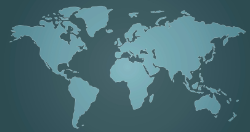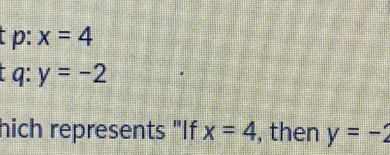Blank:Uctz8h4duu8= Map of the World reveals a thought-provoking journey

The Blank:Uctz8h4duu8= Map of the World serves as a compelling example of minimalist mapping, where the reduction of geographic elements fosters a unique engagement with the abstraction of space. This approach not only invites viewers to reconsider conventional geographic representations but also prompts a reevaluation of the intricate human narratives that contribute to our understanding of global interconnectivity. As we contemplate the implications of such a minimalist framework, one cannot help but wonder how this interpretation might alter our perception of both place and identity in an increasingly complex world.
Concept of Minimalist Mapping
Minimalist mapping embodies a design philosophy that prioritizes essential geographic information while eliminating extraneous details, thereby enhancing the clarity and effectiveness of spatial communication.
This approach aligns with minimalist aesthetics, focusing on simplicity to create a more impactful geographic representation.
See also The complexities of adolescence, Boy:C_Udant_Abg= Anime
Engaging With the Abstract
Engaging with abstract representations in mapping requires a nuanced understanding of how simplification can convey complex spatial relationships and foster diverse interpretations among viewers.
Such representations challenge traditional visual perception, allowing individuals to explore concepts beyond mere geography.
Applications and Interpretations
The diverse applications of abstract mapping not only enhance spatial understanding but also invite varied interpretations that reflect individual perspectives and cultural contexts, thereby enriching the discourse surrounding geographic representation.
Through innovative geographic visualization techniques, these maps serve as powerful tools for cultural representation, challenging conventional narratives and fostering deeper connections to place, identity, and history.
Ultimately, this approach promotes a broader appreciation of diverse human experiences.
See also Captivating and intelligent, the Blue:Caoh_9foefe= Octopus
Conclusion
In essence, the Blank:Uctz8h4duu8= Map of the World serves as a canvas where geography transforms into art, inviting viewers to navigate the abstract expanse of human connections.
This minimalist approach not only strips away the noise of conventional cartography but also illuminates the intricate tapestry of global interrelations.
By challenging preconceived notions of geography, the map becomes a mirror reflecting the complexities of human experience, urging an exploration that transcends mere location and embraces a broader understanding of the world.




